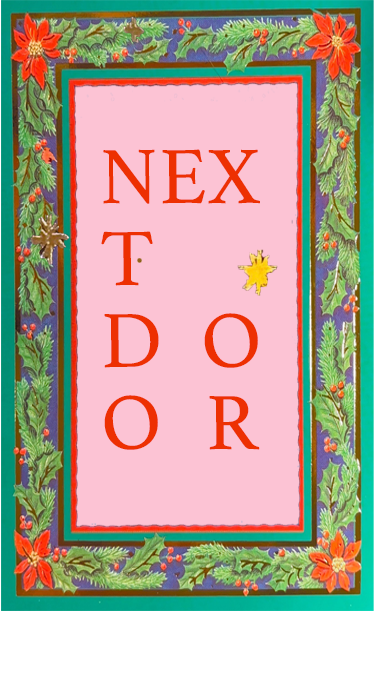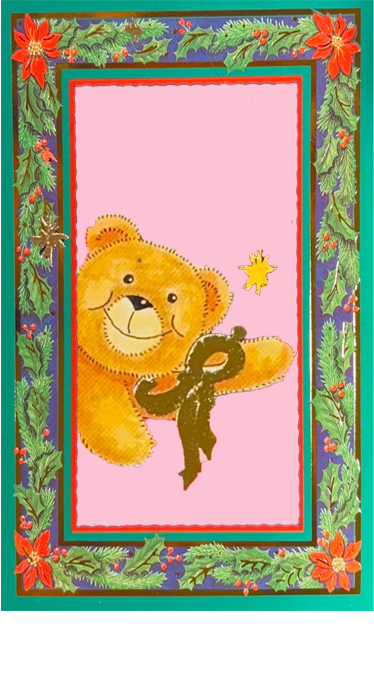Sara Cowdell’s work, LIKE A BURNING STICK SNATCHED FROM THE FLAMES, YET YE HAVE NOT RETURNED TO ME (2020) sparks the match that illuminates a world that is both alien and eerily familiar. Cowdell’s 16-minute exploration of dystopian aesthetics and abstract cityscapes presents a world in which the artist is God and Believer, Devotee and Deity, Faithless and Forgotten.
The work opens with a black screen, forcing the viewer to be fully immersed in the gentle hum of her voice as she recites a passage from the Bible. The Book of Amos reminds viewers of the vengeful, angry being who aims to bring punishment to failing believers, epitomizing many contemporary readings of the Old Testament. Cowdell’s own personal relationship with religion and spirituality is evident here - Cowdell was a self-described ‘new-age Christian’ in her teenage years; yet the narrative being spun isn’t one of monotheism, but more so one with a yearning for connection in a spiritually devoid world.
Filmed in 2020 during Melboure’s harsh COVID-19 lockdowns, Cowdell searched for something to connect her with the world, although at the time, her world was limited to a 5km radius of her home in North Melbourne. She explores unused public spaces such as a discarded helipad, to present viewers with an imagined world that has been struck down by disease, whether this be by a physical or spiritual plague. Three years on, the work evokes a familiar fear of an invisible illness grabbing hold of us and never letting go. Post-Omicron, post-proof-of-vax, there is something quasi-nostalgic about Cowdell’s documentation of an early-2020 collective psychology. The world presented to viewers is an imagined version of the present-day. Simultaneously, Cowdell captures a version of the future that has been left in the past.
To a Queensland audience, there is an additional layer of strangeness that ‘we’ may not understand. The experience of isolation, of restrictions, of the abnormality of an empty capital city, is so largely separate from that of Melbourne. As this text is written, I too, am detached from this lived experience. As a Queenslander living in regional Victoria, I relate to the uncertainty of waiting for what felt like the end of the world and I see the remnants of that in my daily life. Discolored squares of pavement where social distancing reminders were placed, forgotten venue-capacity signs in the back corners of cafes and discounted 100 packs of masks layer dissonance and discomfort.
Cowdell’s thematically complex work is a deliberate evocation of a world that simultaneously has gone and never existed. She navigates her own complicated relationship with space, spirituality and place through a solo-exploration of rituals and traditions that she yearns to believe, feel comfort in and be protected by.
Almost in a vengeful response, Cowdell chokes on a black, viscous liquid. Is this her sin? Is it the sin of her ancestors? Is it the sin of humanity? Regardless, Cowdell’s bizarre world confines the active act of being human within the prescribed boundaries of geometry; a square patch of grass, a rectangular slab of concrete, a circular helipad and the curves of a plastic face shield. She juxtaposes the animalistic sharing of body fluids with the sterile fear of infection as she spits against the tools we were told would protect us. The viewer is an active participant of Cowdell’s abstract questioning of the consequences of veering away from faith.
A quasi-Eucharist ceremony shows Cowdell evoking familiar symbols of religiosity, but subverts them in her own personal search for a spiritual ‘good.’ Cowdell wears a white dress (purity), hooves upon her feet (false idol), upon a red silk (sin), bastardizing the blood and body of a divinity she can’t force herself to honor. Boiled eggs and milk replaced blessed crackers and watered-down wine, in a strange reference to a simpler time. Cowdell uses eggs, milk and flour to reference what she’s referred to as a ‘pastoral, ancestral time,’ where her Scottish ancestors may have navigated a world that was yes, materially simpler, but significantly harsher than shows like Outlander, would have us remember. Cowdell refutes the false historical revisionism of colonial, pastoral life that we see on TV - a young (white) woman with hair tied up in (white) ribbons, running through a paddock in her (white) cotton gown into the arms of her (white) lover, as he demounts a (white) horse. Elizabeth Bennett has no place in Cowdell’s world.
Reborn in Surfers Paradise’s Nextdoor Gallery, located in the 4217, combining video installation and the in situ remanence of live performance, Sara Cowdell and Nextdoor ARI present an evocative and insightful personal exploration of space and the search for interconnectedness. Running, simultaneously, to and from the familiar comfort of rituals of the past, LIKE A BURNING STICK SNATCHED FROM THE FLAMES, YET YE HAVE NOT RETURNED TO ME has me worshiping at the Church of Cowdell, and the flame’s not being stifled anytime soon.
Olivia Trenorden is an artsworker and writer based in Yorta Yorta country in regional Victoria. She is passionate about accessible arts engagement and artist-run-initiatives, and works as Public Programs Coordinator at Shepparton Art Museum. She holds a Bachelor of Arts (Art History) (Hons I) and is completing a Master of Philosophy, both from the University of Queensland. Her research is largely focused on centring the work of queer, women modernists in Australia’s art history.

